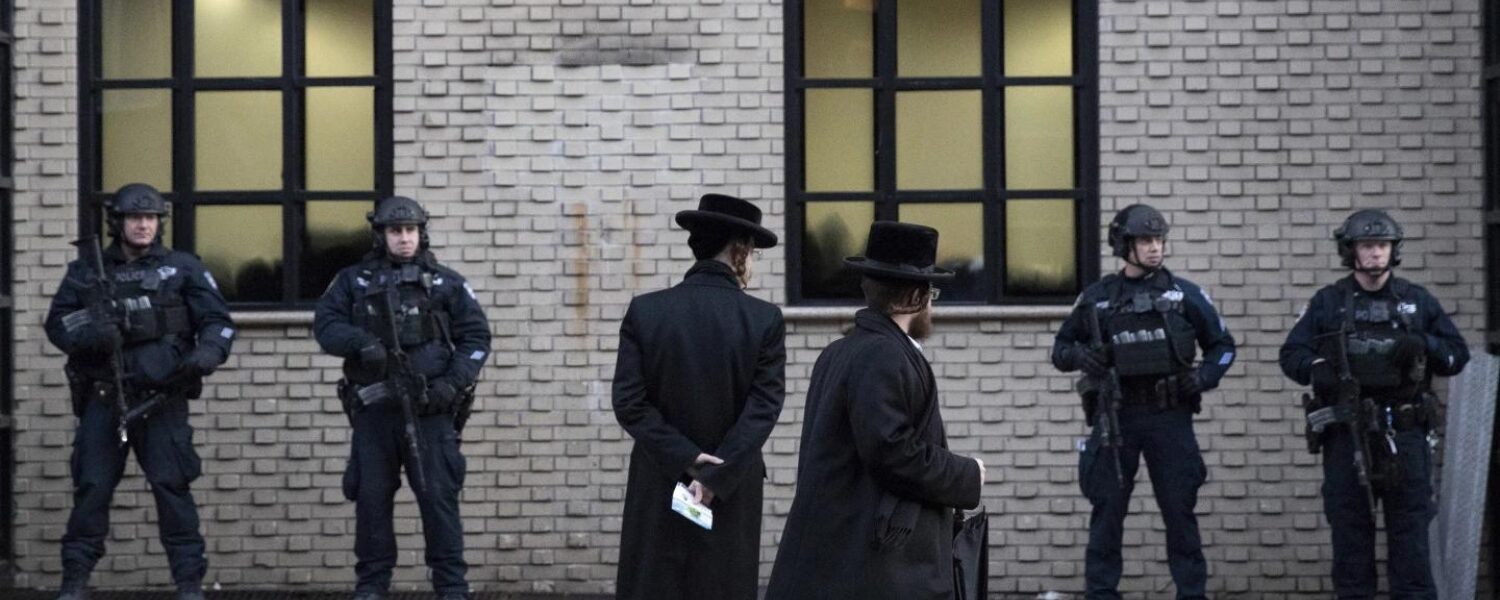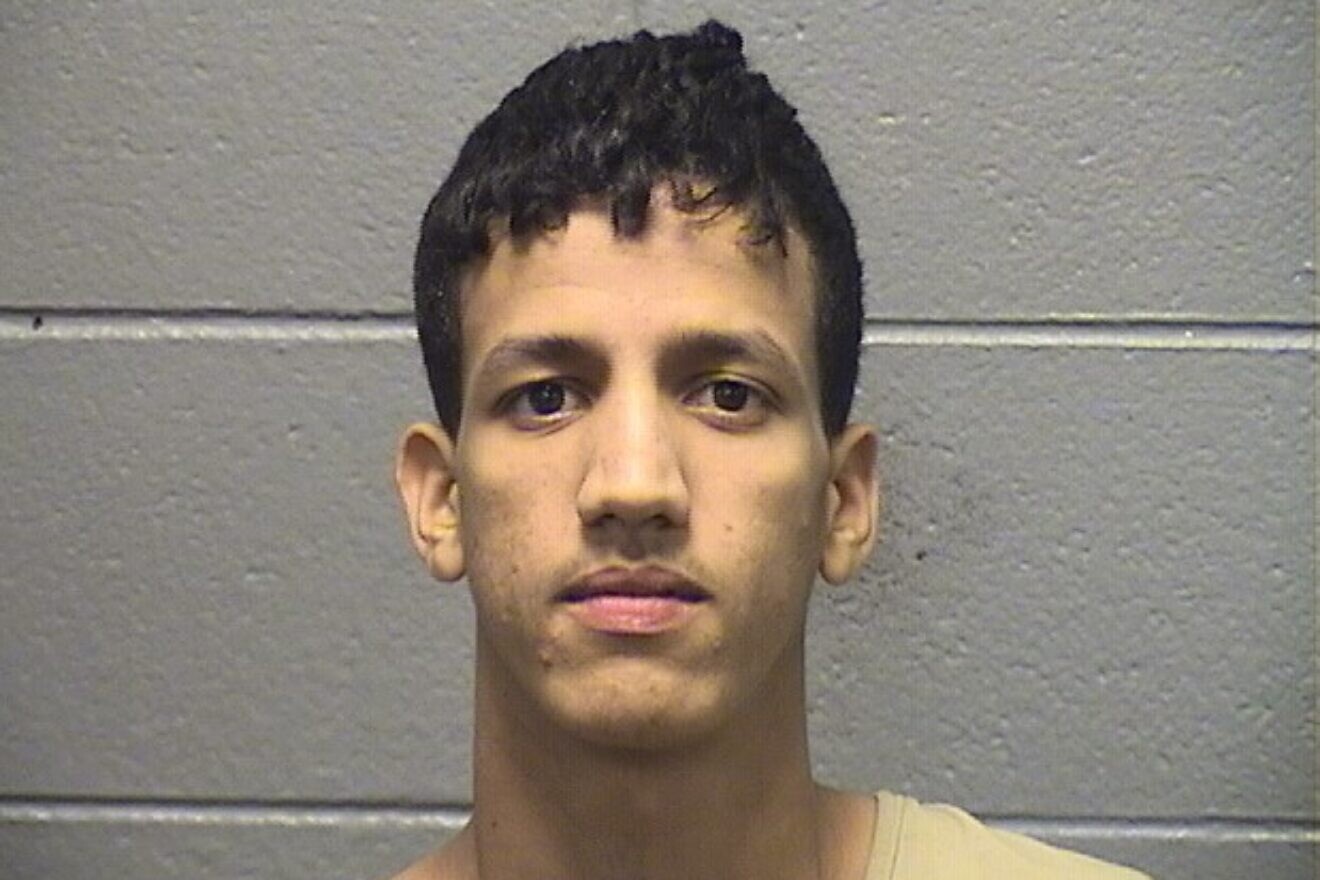We All Need to Stay Focused on Safety
24 December 2024, New Mexico, Steven Zimmerman – In September 2024, the Federal Bureau of Investigation released the 2023 Hate Crimes Statistics report, which compiles data on bias-motivated offenses reported by law enforcement agencies across the United States.
This report focuses on crimes driven by biases based on race, ethnicity, religion, sexual orientation, disability, gender, or gender identity. It also highlights the ongoing issue of hate crimes affecting communities nationwide.
Key Findings and Trends
- Increase in Hate Crimes: The data reveals that hate crime incidents increased by 228 in 2023. There were 11,862 cases, compared to 11,634 in 2022.
- Race-Based Crimes: Hate crimes rooted in race, ethnicity, or ancestry remain the most common. There were 5,900 reported incidents in 2023. Anti-Black or African American incidents made up more than half of these incidents (51.3%) and were more than three times higher than the next highest racial or ethnic category.
- Religion-Based Crimes: There were 2,699 reported incidents based on religion. More than half of these (1,832) were driven by anti-Jewish bias. Incidents involving anti-Muslim (236) sentiments rose from last year, while anti-Sikh (156) incidents fell slightly compared to 2022.
- LGBTQI+ Targeted Crimes: A total of 2,077 reported incidents were based on sexual orientation. Of these, nearly half (49.9%) were directed against gay men. Four hundred ninety-two incidents based on gender identity were reported, with the majority (355) directed against transgender individuals.
These numbers are sobering, as they should be.
No matter where we live, expressing our faith may be problematic. There is fear and worry about what may come. There are whispers as we walk by strangers in shopping malls, people openly yelling at us for looking different or being spit on for simply praying the Rosary in the wrong place. Religious-based hate crimes, and hate crimes in general, seem to be on the rise.
Judaism
“There are so few of us in our town here,” says Moshe, “lots of us simply keep our Jewishness hidden.”
Many Jews feel like Moshe. Not a day goes by that we don’t receive emails from Jews worldwide who share their concern about their safety.
“My Mogan David, my kippah,” says David, who lives on the West Coast, “are seen by everyone. I want them to know I’m Jewish. I’m also armed, so there’s that as well.”
When we turn on the television, listen to the news on the radio, or talk to others, we hear the stories of antisemitism, the random punches in the face, and the fires and shootings at synagogues and Jewish schools.
“Chanukah is coming on the same day as Christmas,” says Mordecai ben Yitzhak. “As we make the celebration of victory, our Christian friends will celebrate the birth of Jesus. There is, where I live, a problem with this combination of celebrations.”
Mordecai has said that when they erected the Chanukkiyah in a city park, it was met with joy and hate.
“We were called sinners, we were being told our future was one in hell,” says Mordecai, “and told we were of the synagogue of satan.”
Hate is out of hand, and we must keep ourselves, our families, and our communities safe.
“Every day, I work in a major city,” says Hannah. “Every day, I leave my kids at Jewish daycare. I worry about the times we live in. We have no warning, not times like this.”
Avi Ziggler, a young Jewish man living on the East Coast, shared his experience with us.
“It’s early; I was at work late and wouldn’t be home for hours yet,” says Avi, a nurse. “I go outside to wrap Tefillin and daven.”
While wrapping Tefillin around his arm, someone grabbed the leather strip while it was hanging.
“This man, such hate in his eyes, screams at me,” says Avi. “He began pulling my Tefillin and telling me there would be no prayers offered to Satan that day.”
Christianity
Even among Christians, there is hate directed towards them.
“This Christmas, in this place, in Bethlehem, is marred by violence and death from all sides,” says Janet Covington, an American who wanted to spend this Christmas in Israel. “From both sides, there is anger and animosity. There should be unity and peace. There should be brotherhood.”
Ms. Covington told us how she was harassed three days ago when she was in Jerusalem walking the Via Dolorosa while praying the Rosary.
“I know that many of your writers are Jewish, and you were Jewish before your baptism, but the Orthodox we came across were rude,” says Ms. Covington. “In a country that says they embrace all, I sometimes wonder.”
Then there is the incident that Ziad Chandi, a Muslim who became Christian, shared with us.
“I live in Queens and make my way to Manhattan for work each day,” says Ziad. “I get on the train at 104 St, and after we start going, I am harassed.”
Ziad said, on this occasion, there was a group of me, tourists according to the police report, who began calling Ziad things like “Hajji,” or “Raghead.”
“You look at me; you see that I am from the Middle East,” says Ziad, “but this doesn’t mean I am of the bad people.”
The name-calling and yelling turned into assault.
There were officers on the train who could stop the attack and took all the bad actors into custody.
“I know work in Queens,” says Ziad, who no longer takes the trains.
Islam
Amina, a Muslim woman in a small Texas town, has the same worries.
“Both my husband and I work,” says Amina. “My husband and I are away from our kids all day long.”
Amina says she’s not worried about the Jewish people. She’s worried about the rising hate against Muslims for simply being Muslim. She shared with us how her brother, who lives in a small Midwest town, was attacked.
“My brother drives those big trucks you see on the highway,” says Amina. “One day, he stops for rest and salat [prayer] and is beaten by some teens for praying.”
Amin said during her brother’s Salat, they called him names and threw rocks at him before punching and kicking him.
What Can We Do?
We must find ways to ensure our safety. It does not matter if you are Jewish, Muslim, or Sikh. Some see us all as the same.
“We are well aware of the increased concerns for safety. We, too, have concerns, especially after losing one of our officers in February to an unprovoked attack,” says Dan Trujillo, Public Information Officer for the Las Cruces Police Department.
Here are some safety tips from the Las Cruces Police Department.
- Always be aware of your surroundings and stay attentive.
- Avoid distractions (cell phone usage, listening to music, etc.) while walking, exercising, and shopping.
- When possible, travel in pairs or small groups. Those who wish to cause harm tend to pick on individuals rather than a group.
- Have a plan and practice it. Whether in your home, store, church, synagogue, school, or place of employment, know your exit points and regress in the event of a critical incident. Review and practice exit and regress plans with others who share your space.
- Refrain from provoking anger—even unintentionally—in someone else. Words and actions (honking a horn, brake-checking, staring, hand gestures, etc.) often have unintended consequences.
- Remove or hide valuables from inside vehicles.
- Lock your vehicle when leaving it unattended.
- Avoid leaving firearms in an unattended vehicle.
- Avoid carrying or displaying large sums of cash.
- Men are encouraged to carry wallets in a front pocket, and women should carry purses with a cross-body strap.
- Report suspicious persons or activity immediately by calling your local police non-emergency number or 911.
We can all stay safe and secure if we follow the above tips.
I will add a few extra tips for you to consider.
- Practice your Second Amendment rights. Become appropriately trained to carry and use a sidearm. Doing so can protect yourself, your family, and your community.
- When participating in or organizing public events, make sure there are at least one or two people with cameras. If someone acts out towards you or the group, video and pictures will become invaluable tools for investigators and prosecutors.
- We all want to welcome strangers and show them hospitality. In this day and age, however, we must be cautious. Don’t be standoffish or ignore them, but do know who they are.
- Lastly, hire security if there is a danger to your Shabbos, Jumah, or other religious services.
Do you have any tips you can offer? If so, please add them to the comments so we may all learn to better protect ourselves, our families, and our communities.




